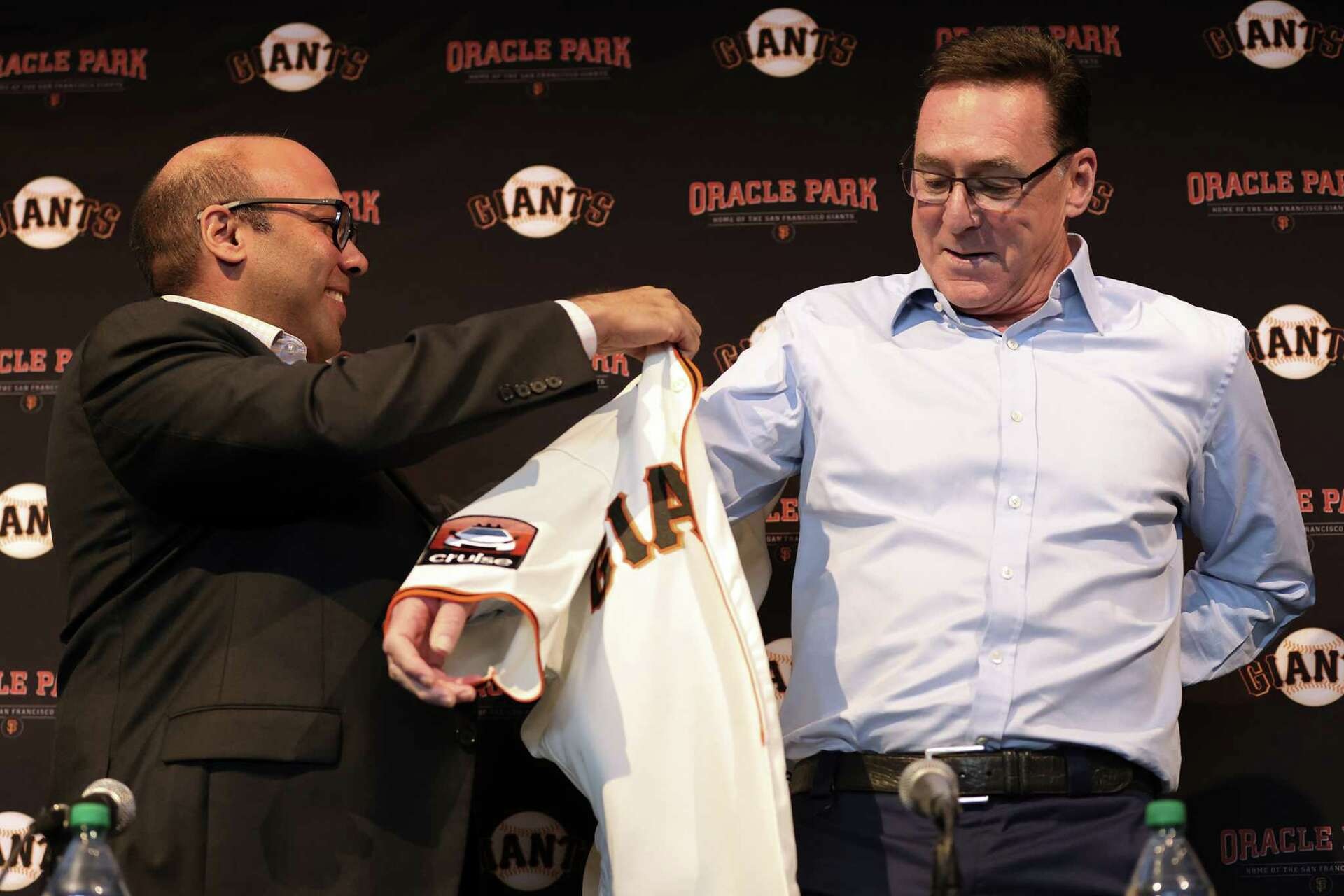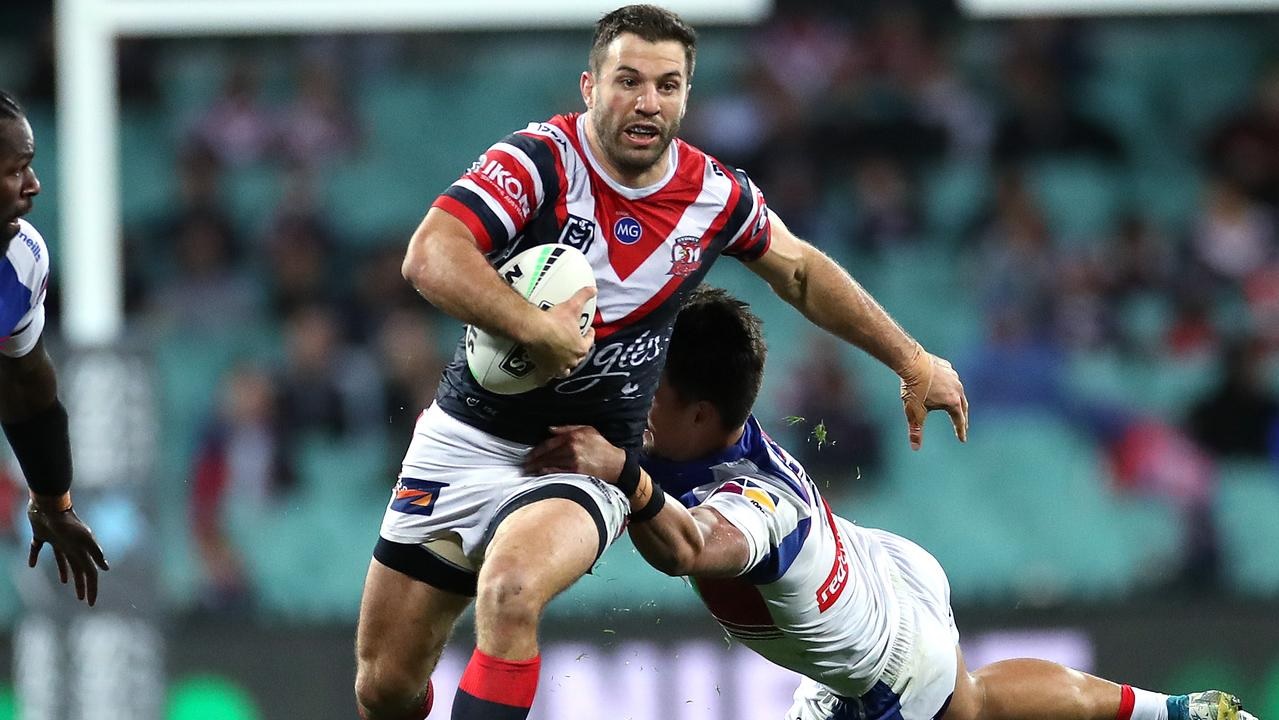Done Deal: New York Mets Manager Secures $700 Million Contract with Mets-Yankees…..
In a shocking turn of events that has left the baseball world reeling, the New York Mets have reportedly signed their manager to an unprecedented $700 million contract in collaboration with their arch-rivals, the New York Yankees. This development not only raises eyebrows but also brings to light a myriad of implications for both teams, their fanbases, and the future of Major League Baseball (MLB) as a whole.
First and foremost, let’s unpack the staggering figure associated with this contract. At $700 million, this deal is unprecedented in the realm of sports management. The average annual salary for MLB managers hovers around $1-3 million; thus, this contract shatters the previous benchmarks and introduces a new era of financial capabilities within the sport. While the specifics of the contract are yet to be fully disclosed, insiders suggest that this deal may include performance incentives that could elevate the total value even further.

The strategic partnership between the Mets and Yankees in this contract is particularly intriguing. Traditionally, the two teams operate in fierce competition, epitomizing the spirit of rivalry that defines New York baseball. However, this partnership may signal a radical shift in how teams approach management and player development.
From the Mets’ perspective, this decision comes at a time when the franchise is seeking to rebuild and solidify its future. After years of ups and downs, the front office appears determined to take a new direction, one that aligns with long-term success. The decision to invest such a monumental sum into a managerial position indicates a commitment to a strategic vision that prioritizes sustained excellence.
For the Yankees, the involvement in this contract might seem perplexing, yet it could be seen as a calculated move to influence the landscape of New York baseball as a whole. By collaborating with the Mets, the Yankees may be looking to create a more competitive environment that benefits both franchises. They could potentially share resources, knowledge, and even scouting insights that might enhance both teams’ performances in the league.
The news has elicited a range of reactions from fans on both sides. Mets supporters, initially excited about the prospect of a transformative managerial strategy, are now left questioning whether this move will genuinely lead to success or if it will sow discord within the team. Many are expressing skepticism about the wisdom of tying their future to a single individual, no matter how talented.
On the other side, Yankees fans are equally perplexed. The idea of the Yankees engaging in a joint venture with the Mets is unprecedented and raises questions about loyalty and rivalry. While some see it as a pragmatic approach to enhance the quality of baseball in New York, others feel it compromises the essence of what it means to be a Yankee fan.
This $700 million contract could have far-reaching consequences for the economics of Major League Baseball. The sheer scale of the deal is likely to set a new standard for managerial contracts, prompting teams across the league to reassess their own managerial strategies.
In a sport where player salaries have skyrocketed over the years, this manager’s contract could shift the narrative. If teams begin to recognize that managerial decisions significantly impact a team’s success, we may witness a trend where more resources are allocated towards hiring elite managerial talent.
Moreover, the financial burden of such a contract may also provoke discussions around salary caps and revenue sharing within the league. Small-market teams could find it increasingly challenging to compete if the financial chasm between franchises continues to widen.
One of the most pressing concerns surrounding this deal is its potential impact on competitive balance within the league. If larger franchises like the Mets and Yankees are willing to invest exorbitant amounts into managerial contracts, smaller teams may struggle to keep pace. The disparity in resources could exacerbate the already uneven playing field, leading to a league where only a handful of teams can realistically contend for championships.
Critics argue that the competitive imbalance could lead to fan disenchantment, as die-hard supporters of underperforming teams feel increasingly alienated. If a select few franchises continue to dominate due to their financial advantages, the sport risks losing its charm and allure, making it crucial for league officials to address these disparities.
While the financial aspect of the contract is sensational, it’s essential to consider the managerial legacy that comes with such an enormous commitment. The manager now has the weight of an entire franchise—and its rivalry with the Yankees—on their shoulders. The pressure to perform and deliver results will be immense, and history suggests that with such high expectations often comes intense scrutiny.
This situation mirrors the trajectory of other sports where coaches and managers faced similar pressures. Take, for instance, the cases of high-profile coaches in the NFL or NBA who have had to navigate enormous expectations. The stakes are incredibly high, and failure to meet them can lead to rapid turnover and instability.
This unprecedented managerial contract may set a precedent that transcends baseball, potentially influencing hiring practices across all professional sports. If success is defined by massive financial investment, we may see an influx of big names in coaching and management roles in various sports, pushing for more significant salaries and resources.
Teams may begin to prioritize not only the skill set but also the brand and marketability of their coaches, creating a new hierarchy where not just player talent, but also coaching talent becomes a focal point for franchises looking to build championship contenders.
As this monumental deal reverberates through the sports world, it undeniably signals a new chapter for both the New York Mets and Yankees. The ramifications of this $700 million contract extend beyond the baseball diamond, touching on issues of competitive balance, financial disparities, and the future landscape of sports management.
While fans grapple with the implications of this agreement, one thing is clear: baseball in New York will never be the same. The joint venture may ultimately pave the way for an entirely new approach to how rivalries are perceived and how teams are constructed. The baseball community will be watching closely as this story unfolds, eager to see how it affects the fabric of the game for years to come.



